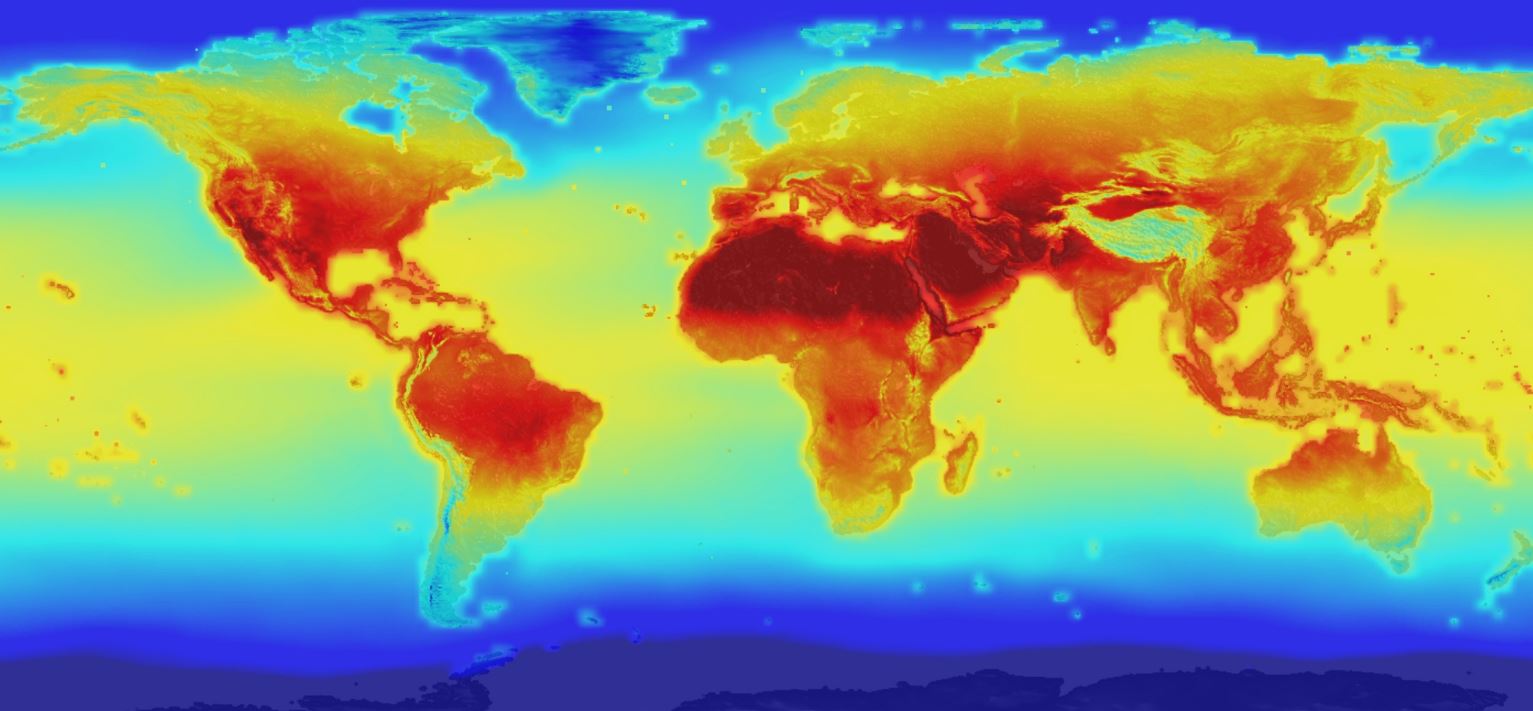A new survey published uncovers Americans’ thoughts and attitudes towards climate change, showing more 50 percent of Americans don’t know what The Paris Agreement is, a global initiative to combat climate change that President Donald Trump’s administration famously pulled out of last year. The survey also found that 26 percent of people don’t think climate change is an urgent issue that will impact them in their lifetimes, and another 6.9 percent believe climate change is as real as winning the lottery in their lifetime-meaning not at all.
Considering these surveys precede the U.N.’s World Water Day – March 22 – which brings attention to groundwater depletion and encourages climate change mitigation strategies, evidence shows there is still a need for education and awareness of climate change among Americans. While there is an improvement in overall attitudes throughout recent years, there is yet more to do-especially with our global natural water sources under attack from pollution daily. Our constant interaction on this earth needs to have positive impact to negate harmful damage to our oceans and clean water sources. Being mindful of even the smallest everyday task we do can have a massive effect on our globe, and having open, meaningful dialogues increases knowledge, awareness and hopefully spurs positive actions from our communities at large.
“We need curricula that ensure children grow up with education around ocean issues, and in turn become ocean stewards that understand the importance of ocean health for life.
The ocean unites us all and working to promote a healthy blue economy is in humanity’s best interests,” states Sandra Ponce de Leon
Climate change education should start at an early age-and really should be infused into everyday activities from home to school. Turning off lights, recycling, reducing waste, using eco-friendly products, eating less meat introduces easy environmentally-friendly behaviors into consistent habits. Programs such as The Maritime Alliance and Climate in the Classroom engages youth to have open discussions about ways their generation can successfully collaborate to reverse pollution and increase a healthy relationship between human and environment. However, it can go even further- purchasing habits can make a massive difference on global footprints and finding companies dedicated to pollution reduction is a great start.
Rockay, a clothing manufacturer dedicated to exclusive use of eco-friendly and recyclable materials, focuses on creating a positively impactful global imprint with their athletic wear. Driven by a passion for change and love of running, Daniel Chabert, CEO of Rockay, channeled his vision into constructing a line of running gear that not only centers around renewable sources, but challenges the destructive practices of manufacturers worldwide.
Using recycled, traceable plastic from the ocean, Rockay manufactures sustainable, high quality socks and other running items while decreasing water pollution and contributing to water conservation. Using Polygiene technology to develop bacteria-free clothing, the athleticwear last longer without washing, reducing overall water and detergent consumption. Polygiene is also a technology used by large substantial brands such as Patagonia and Adidas.
Isaac Hankes, Ph.D., an atmospheric scientist who analyzed the survey, encouragingly suggests that people at the individual level can still do their part to affect change. “The Paris climate agreement is as political as it is scientific, and even if fully embraced will not offset much more than about 0.1°C of warming,” says Hankes. “This underscores the importance of personal action by anyone concerned about the effects of warming to make a difference by making energy-saving decisions. Such opportunity now exists in nearly all facets of a home, and actions as simple as installing LED light bulbs or smart power strips could easily supersede any slower-moving government action in offsetting emissions-based warming.”
Full survey data can be found here; along from tips on experts on ways consumers can effectively do their part in decreasing carbon footprints. It simply takes one step at a time.

